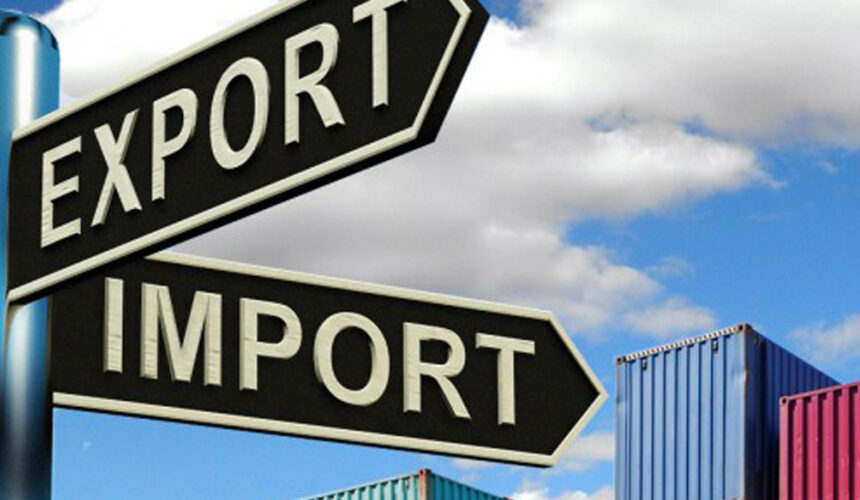[cmsmasters_row][cmsmasters_column data_width=”1/1″][cmsmasters_text]
Customs audits are a critical yet often daunting aspect of importing goods into Nigeria. With the Nigeria Customs Service (NCS) intensifying compliance checks in 2024, businesses face increased scrutiny over documentation, valuation, and HS code classifications. A single audit discrepancy can result in hefty fines, shipment seizures, or even blacklisting. For SMEs and large enterprises alike, understanding the audit process is essential to avoiding costly penalties and maintaining smooth operations.
Nigeria’s customs framework is governed by the Customs and Excise Management Act (CEMA), which empowers the NCS to inspect records up to five years post-import. Recent automation initiatives, such as the NICIS II platform, have streamlined audits but also increased transparency, leaving little room for error. Common triggers include mismatched invoices, undervalued goods, and improper duty payments.
Bolbulk Cargo has successfully guided 200+ clients through customs audits, leveraging technology and expertise to ensure compliance. This guide unpacks the audit process, shares actionable strategies, and highlights how partnering with a licensed customs broker can safeguard your business.

Understanding Customs Audits: Types and Triggers
Customs audits in Nigeria fall into three categories:
- Post-Clearance Audits (PCA): Conducted after goods are cleared, focusing on documentation accuracy.
- Spot Checks: Random inspections at ports to verify cargo against declared details.
- Comprehensive Audits: In-depth reviews of financial records, often triggered by red flags like frequent HS code changes.
Common Triggers:
- Discrepancies between declared and actual cargo values.
- Use of incorrect HS codes to evade higher tariffs.
- Missing or expired certifications (e.g., SONCAP, NAFDAC).
Key Challenges During Customs Audits
- Documentation Errors: Even minor mistakes in invoices or Bills of Lading can lead to penalties.
- Valuation Disputes: Customs may reject declared values if they suspect undervaluation, using the Transaction Value Method or Brussels Definition of Value.
- Supply Chain Complexity: Multi-country shipments increase the risk of misdeclared origins or non-compliant suppliers.
Bolbulk Cargo’s 4-Step Audit Preparedness Framework
- Pre-Audit Documentation Review
- Our team cross-checks invoices, Form M, and HS codes against the Nigerian Customs Tariff Book.
- Automated tools flag discrepancies, such as mismatched weights or undervalued goods.
- Supplier Compliance Training
- Educate suppliers on accurate invoicing and INCOTERMS to avoid valuation disputes.
- Case Study: A client reduced audit triggers by 70% after training 15 Chinese suppliers.
- Digital Record-Keeping
- Upload all records (e.g., Bills of Lading, tax receipts) to Bolbulk’s secure cloud portal for real-time access during audits.
- Post-Audit Support
- Negotiate disputes and represent clients in appeals using our legal team.
Actionable Steps for Importers
- Conduct Internal Audits Quarterly: Use checklists to review HS codes and supplier invoices.
- Partner with Licensed Brokers: Ensure compliance with evolving regulations.
- Leverage Technology: Adopt digital tools for real-time document tracking.
FAQs
Q: How long do customs audits typically take?
A: Spot checks last 1–2 days, while comprehensive audits can take 2–4 weeks.
Q: Can I appeal a customs penalty?
A: Yes, within 30 days via the NCS dispute resolution portal.
[/cmsmasters_text][/cmsmasters_column][/cmsmasters_row]

